CANBERRA’S loss has been Perth’s gain as news filters through from the West that Australia’s first piano, which arrived on board the Sirius as part of the First Fleet in 1788, has found a new home at the Western Australian Academy of Performing Arts.
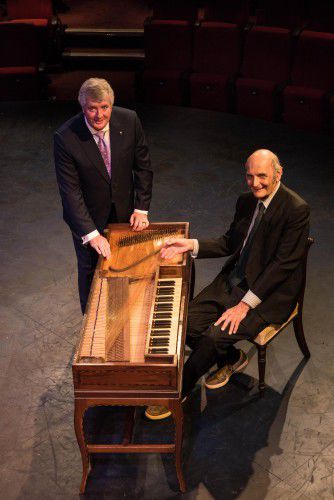
The procurement of the First Fleet piano and the Stewart Symonds Collection of 130 historical pianos was a vision spearheaded by the Canberra-born WAAPA Professor and fortepiano virtuoso Geoffrey Lancaster after he worked closely with Mr Stewart Symonds to research his book “The First Fleet piano: a musician’s view” published by ANU Press while Prof Lancaster was teaching at the ANU School of Music.
Mr Symonds, who travelled to Perth for the unveiling of the piano this week, says, “WAAPA fully appreciates what the collection is and recognises its world importance…By giving these pianos to WAAPA, they will be there for all who come for hundreds of years.”
The sad subtext of his comments on recognition is the ANU’s rejection for lack of funds of the piano project, which was to be centred in Canberra, in the wake of cuts at the School of Music that saw Professor Lancaster become one its most notable casualties and now part of a distinguished Canberra musical diaspora. Earlier this year he was announced by the University as the first full professor at WAAPA.
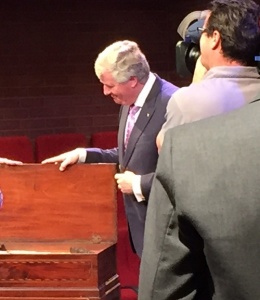
Instead of being shipped by rail it travelled from Sydney to Perth by air. “The piano was very carefully packed protectively in wooden boxes, and trucked to Mascot airport to be flown here to Perth,” Professor Lancaster said, explaining that because the First Fleet piano is made with animal glue from the 18th century, “If it sits inside a container to get hot basting in its own juices, the glue might begin to melt.”
WAAPA plans to restore the First Fleet piano and other instruments from the collection, as Mr Symonds put the collection together not for performance, but to celebrate the design and
“We are hoping that we will be able to make links with these people, and that ultimately we will be able to offer courses at WAAPA in instrument restoration so that we can lead Australia in this regard,” Professor Lancaster said.
Who can be trusted?
In a world of spin and confusion, there’s never been a more important time to support independent journalism in Canberra.
If you trust our work online and want to enforce the power of independent voices, I invite you to make a small contribution.
Every dollar of support is invested back into our journalism to help keep citynews.com.au strong and free.
Thank you,
Ian Meikle, editor
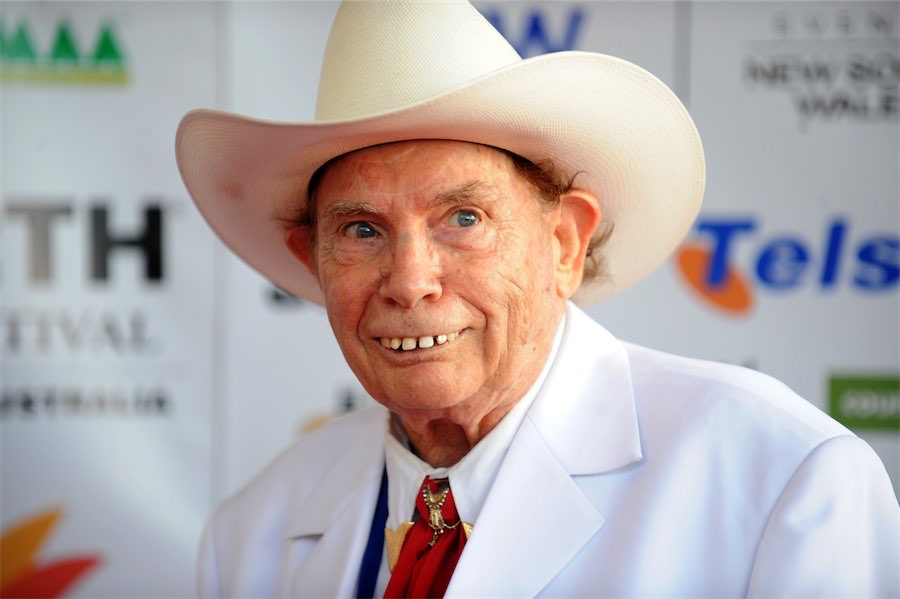
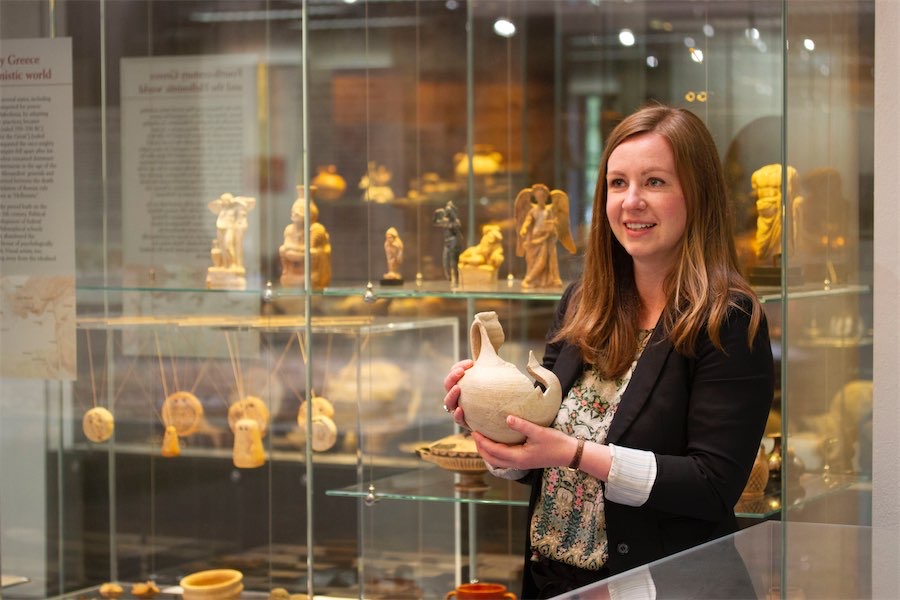
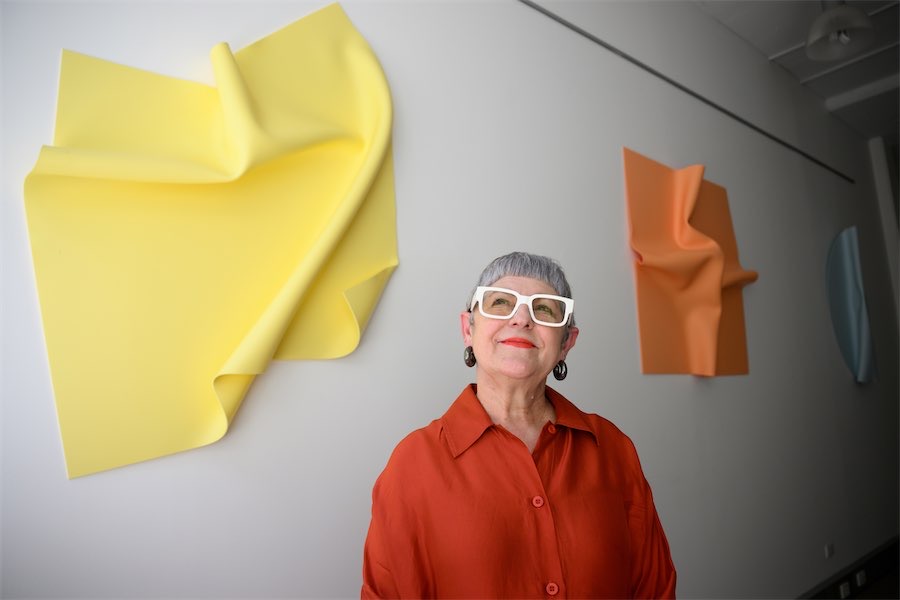

Leave a Reply